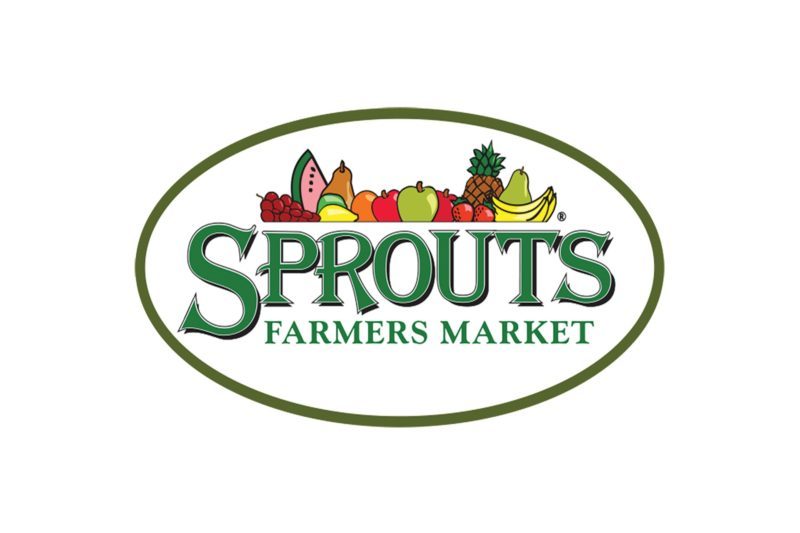“I am inspired by our hard-working and profoundly dedicated 32,000 team members who have served under the most difficult of circumstances to ensure our customers have healthy food to feed their families,” said Jack Sinclair, CEO of Sprouts Farmers Market. “During the first quarter, the COVID-19 crisis led to a significant increase in sales as consumers bought more food to consume at home. As we navigate these ever-changing circumstances, we remain steadfast and decisive, prioritizing team member and customer safety and remaining in-stock on fresh, healthy food for our communities, all the while not losing sight of our transformational strategy that will set us up for long-term success."
Q1 highlights, as outlined in the release:
- Comparable store sales growth of 10.6%; two-year comparable store sales growth of 12.0%.
- Net income of $92 million; compared to net income of $56 million from the same period in 2019.
- Adjusted net income (1) of $93 million; compared to $57 million in Q1 2019.
- Diluted earnings per share of $0.78 and adjusted diluted earnings per share (1) of $0.79; compared to $0.46 diluted and adjusted diluted earnings per share from the same period in 2019. The positive impact from COVID-19 pandemic was estimated to be $0.22 of diluted earnings per share.
The company also provided a COVID-19 update, noting that, due to its team members’ "instrumental commitment to serving customers during this unprecedented time," Sprouts provided additional benefits including:
- Paid equivalent of $2 extra per hour for hours worked during the crisis in March through bonuses and pay adjustments, with more bonuses planned throughout the crisis.
- Up to 14 days additional paid time off and job protection.
- Access to subsidized childcare benefits for eligible team members.
- A COVID-19 relief fund to help team members who face hardships due to this crisis.
Looking to Q2, the release notes that trends seen in later part of the first quarter have continued into April. Specifically:
- Elevated levels of grocery spend have continued as many consumers have increased their food at home spend.
- Social distancing has changed consumer behavior from customers consolidating trips and increasing use of e-commerce services.
Sprouts also outlined initial steps of a long-term growth strategy:
Refocus attention on target customers.As noted in the release, the business can grow by leveraging existing strengths in a unique assortment of better-for-you, quality products and by expanding e-commerce capabilities.Update format. The goal is to deliver smaller stores with expectations of stronger returns, the company says, while maintaining Sprouts' signature "fresh-focused farmer’s market heritage."Target expansion. Geographic store expansion and new store placement will focus on where those target customers live, markets with growth potential and supply chain support, which the company said will provide "a long runway of at least 10% annual unit growth."Optimize the fresh supply chain.Sprouts is aiming to position fresh distribution centers within a 250-mile radius of stores.Read more of the future plans here.










